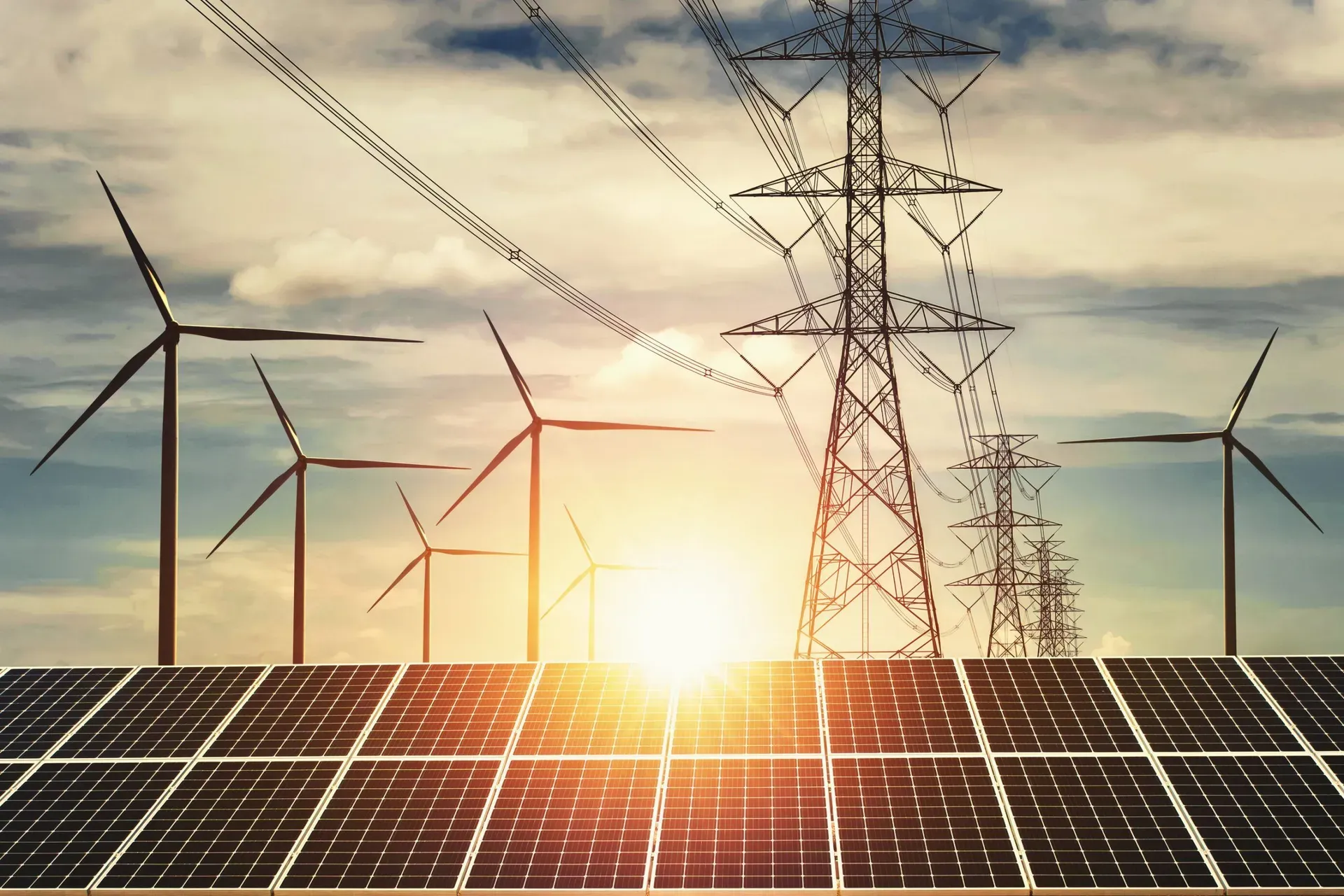In June, the Climate Change Committee (CCC) published its “Progress in reducing emissions” report to Parliament. It highlighted, that with more action, the UK can still achieve its legally binding climate targets and improve energy security for households and businesses across the UK. However, a lot more action was needed.
Where are we now?
The CCC recognised the government had taken encouraging steps to combat emissions, primarily in the decarbonisation of the electricity system. These include removing planning barriers for onshore wind and heat pumps, and implementing policies like the Clean Heat Market Mechanism
However, while emissions in the UK have been steadily decreasing, over 80% of the required emissions savings between now and 2030 need to come from sectors other than energy supply. Especially using low carbon electricity to replace oil and gas in surface transport, heat in buildings, and industry.
Of the UK’s target to reduce emissions by 68% on 1990 levels by 2030, the CCC found that only 61% is currently covered by credible plans, or plans with some associated risks, mostly in the electricity supply and surface transport sectors. The remaining 39% is either at significant risk or has insufficient or unqualified plans.
Where is Action Most Urgently Needed?
The CCC recommends several priority actions including:
- Electricity Pricing: Making electricity cheaper by removing policy costs, in order to support industrial electrification and ensure the underlying lower running costs of heat pumps, compared to fossil fuel boilers, are reflected in household energy bills.
- The Grid: Ensuring that new homes are not connected to the gas grid. The CCC notes that these fossil fuel boilers create additional emissions and costs for future owners when retrofitting with low carbon heating
- Low-carbon power expansion: Delivering rapid expansion of the low carbon electricity system, with the Contracts for Difference Allocation Round 7 identified as critical to achieving this.
- Industrial heat: Accelerating the electrification of industrial heat, stating that all strategies should ensure that financial barriers and non-financial issues do not hinder electrification.
- Aviation and public sector: Developing policy to ensure that the aviation industry take responsibility for its emissions reaching net zero by 2050
- Building decarbonisation: introducing a comprehensive programme to decarbonise public sector buildings.
Final word from the CCC
The CCC concludes that well-designed policy is the key to unlocking progress. It states that smart regulation and targeted support can help markets grow, lower costs for consumers, improve energy security, and keep emissions falling.
This blog originally appeared in our Energy Spectrum publication, included as part of our Industry Essentials Service.


























